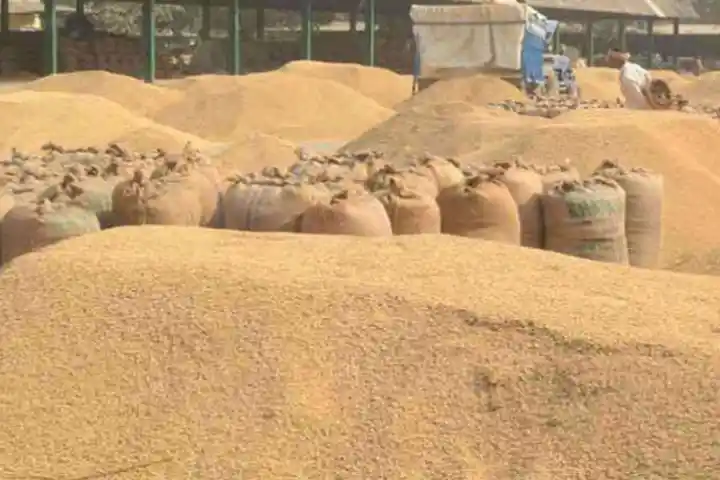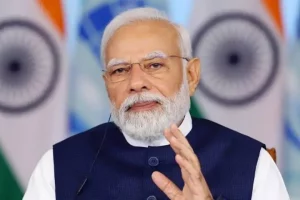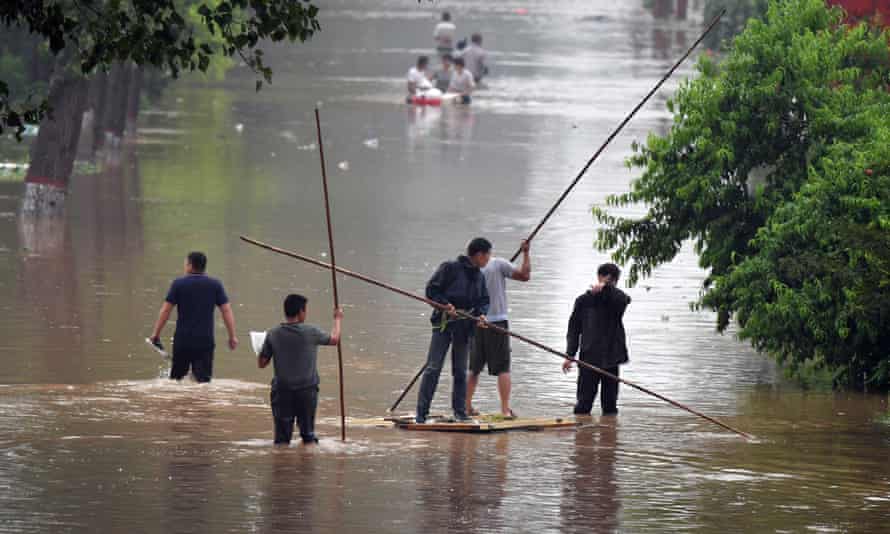Notwithstanding India’s sudden decision to ban wheat exports, can New Delhi alone be held responsible for rising prices of the grain and concerns over shortage of food? Experts said that India traditionally is not ranked among the top wheat exporters. The onus of ensuring a steady supply of the grain must be borne equally by the other wheat exporting countries which include the US, Canada and France– all part of the G7 club.
The elite G7 countries, which have come down heavily on India after it banned wheat exports, have increased pressure on New Delhi to revoke the ban saying that the move will further push wheat prices and lead to food security imbalances.
“It is unfair to put the entire responsibility on India. The question is what are the other countries doing to keep up the supply of wheat,” Nirupama Soundararajan, chief executive officer, Pahle India Foundation, told India Narrative. She pointed out that countries across the world have been prioritising their own domestic interests.
“When it came to Covid 19 vaccines, we saw how the developed nations were unwilling to export them despite sitting on surpluses, so I think they should refrain from giving sermons,” Soundararajan said, adding that inflation has hit the country possibly due to increased hoarding.
“But given this situation, it is a prudent decision and we need to look at our own needs first,” she said.
The ongoing Russia Ukraine war has severely impacted global wheat supplies pushing global food inflation. The two countries accounted for about 30 per cent of global wheat exports.
According to the World Population Review, the European Union, if it were counted as a single country, its wheat production would exceed that of any country except China—the largest producer of the grain globally.
Besides China, India and Russia are the top wheat producing countries along with the US, Canada and France.
Last week, India decided to ban exports of wheat with immediate effect after retail inflation soared to 7.79 per cent – an eight year high. That apart concerns have also risen over output as several parts of the country are in the grip of a heatwave.
“Production will drop due to this heat wave and this is becoming a cause for concern,” Anil Ghanwat, senior leader of Shetkari Sangathana, a Maharashtra based farmers union earlier told India Narrative.
Though New Delhi banned exports of wheat, it said it will honour the letters of credit that have been already issued and requests from countries trying "to meet their food security needs". In fact, on Tuesday, it sent a consignment of 2,000 metric tons of wheat to war-ravaged Afghanistan.
Top wheat exporting countries
While Russia supplied about 20 per cent of the total global wheat requirement, the US and Canada exported 13.7 per cent and 13.9 per cent respectively in 2020. Several European countries including France and Germany apart from Australia are also among the prominent wheat exporting countries on the world map.
“Now, the agriculture ministers from G7 urge India not to ban wheat exports, then why won't G7 nations themselves move to stabilize food market supply by hiking their exports?” Beijing based state owned media organisation Global Times in an opinion column put forth.
The newspaper added that the stringent sanctions imposed on Russia by the West have led to “negative effects across the global economy.”
“This should be the real reason causing a steep rises in global market food prices and food supply shortages, which will likely push hundreds of millions of people back to poverty and lower nutrition,” it said, adding that blaming India will not solve the food problem.
Also read: India sends another consignment of wheat to war-ravaged Afghanistan amid global shortages
Don't blame us for the global food security crisis, Russia tells world



















